It was during the COVID lockdown of 2020, while taking an online cooking class, that my husband and I first met Julie Marr and Francesco Creanza of the cooking school Everyone at the Table. We were immediately captivated by their passion for Apulian food and culture and promised each other that as soon the world opened up, we would travel to Puglia to experience southern Italy through their eyes. Time spent on Instagram scrolling through Julie’s random bits of beauty cemented our resolve, and that initial trip led to another—and then one more—and time spent around a table blossomed into a friendship for a lifetime.
Julie’s cooking journey began later in life. It was while working as the projectionist at Vancouver’s Ridge Theatre that she first started exploring cooking. Initially she cooked for family and friends exclusively, but she then began to explore her interest further, training at Dubrulle Culinary Institute and then eventually working at Lumière, a bygone Vancouver culinary treasure.
It was quite by accident that Julie met Francesco in 2014 while volunteering at an art restoration workshop in Puglia. A shared love of art and history, appreciation for food and culture, and desire to preserve the traditions of Puglia brought the two closer together, and soon after, their company Everyone at the Table—now a bucket-list stop for travelling foodies—was launched.
At their cooking studio in Francesco’s home town of Altamura, white chef’s jackets are replaced with beautiful linen aprons for all. It’s an inclusive way of cooking that celebrates Italy’s history via recipes passed down orally from grandmothers to daughters and sons. This year, to mark the venture’s 10th anniversary, the pair have published their first cookbook, Everyone at the Table: Recipes From a Workshop Kitchen in Puglia. This collection of recipes and tales is produced in Italy, beautifully stitched and bound in linen, and each edition of the first run is numbered and signed.
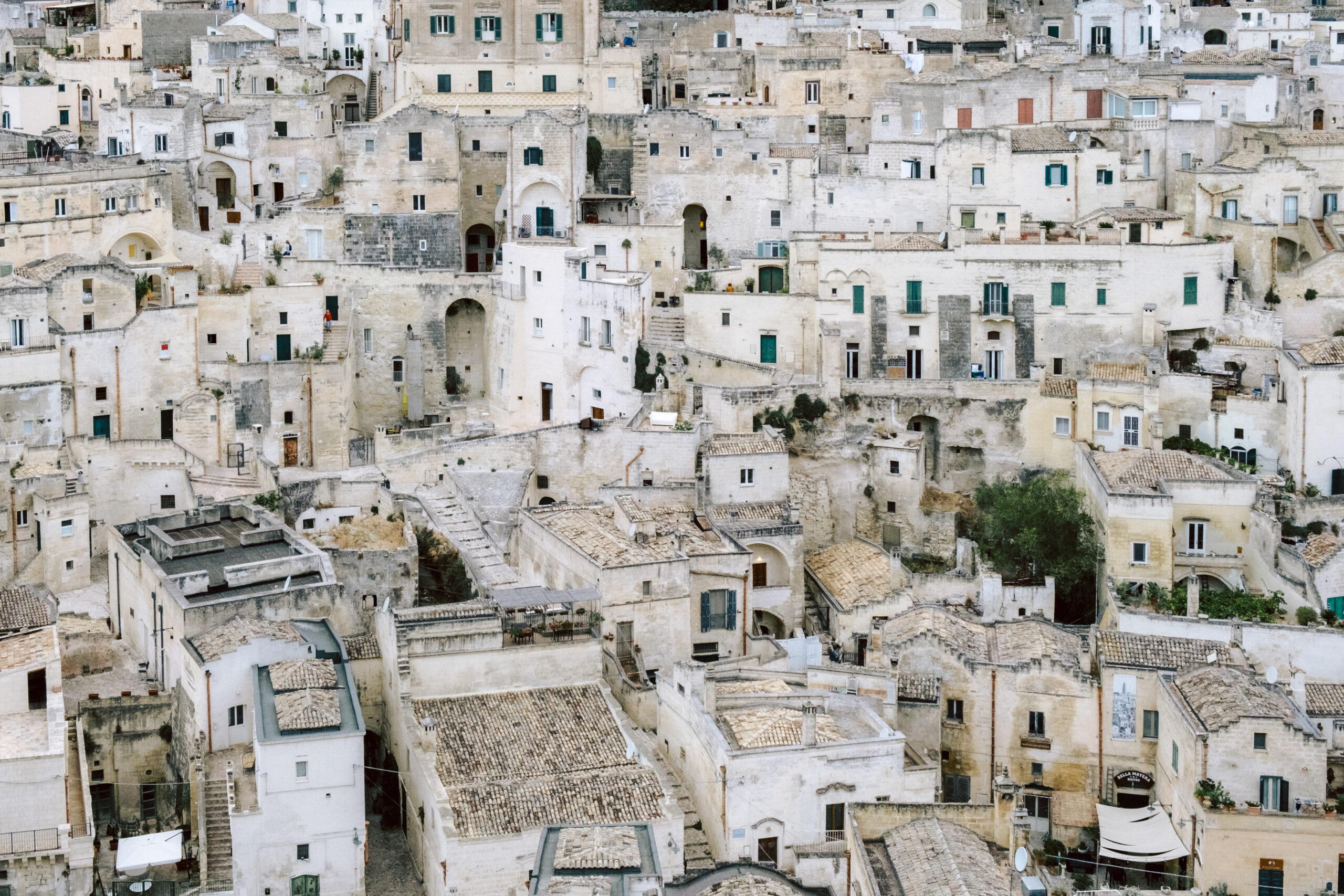
Matera, in the neighbouring region of Basilicata, is a mere 20-minute drive from Altamura. In his 1945 memoir, Christ Stopped at Eboli, written while in exile, Carlo Levi wrote about the abject poverty he witnessed in southern Italy. Matera, once known as “the shame of Italy,” is now designated a UNESCO site and boasts a healthy and vital city life. This town is not to be missed.
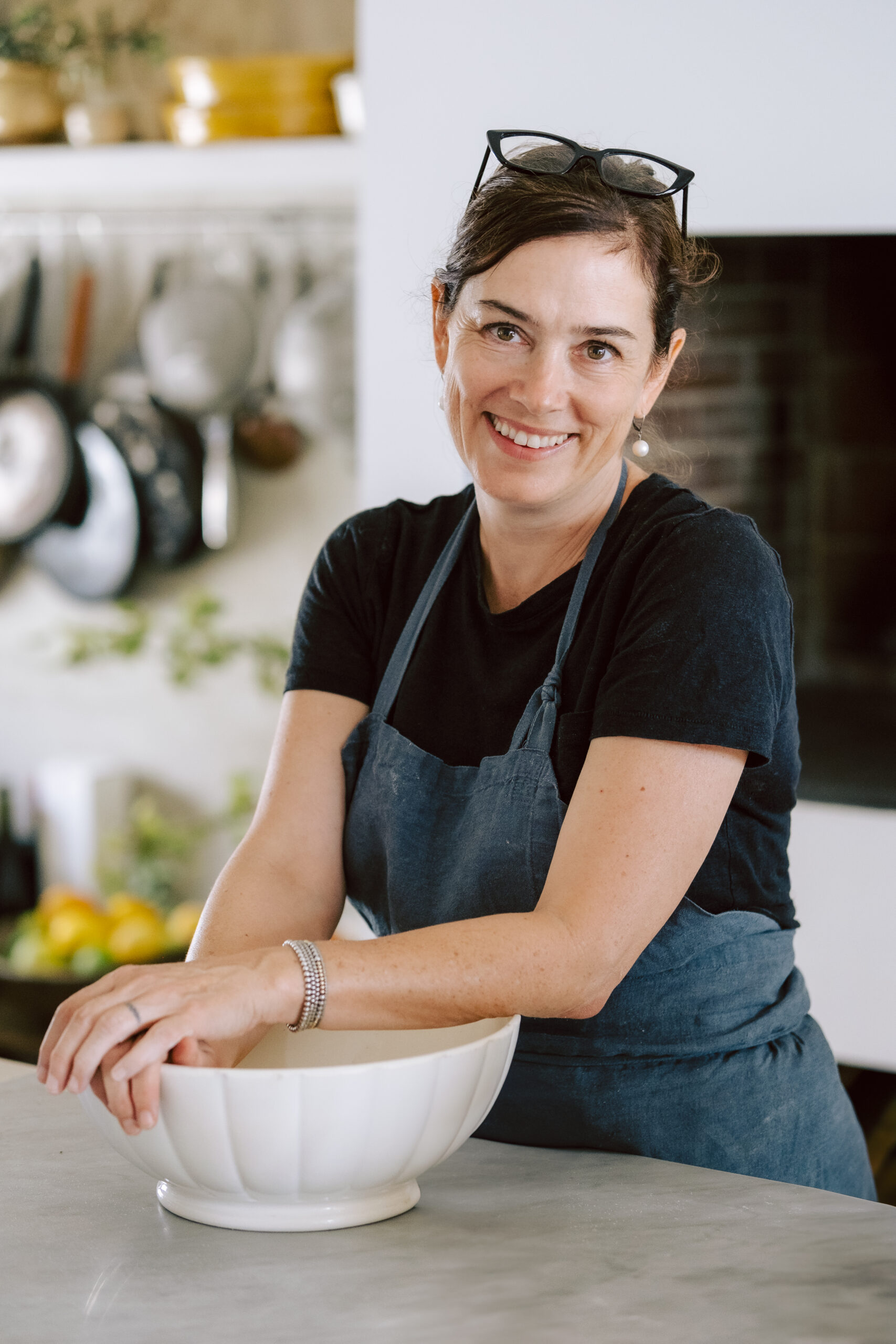
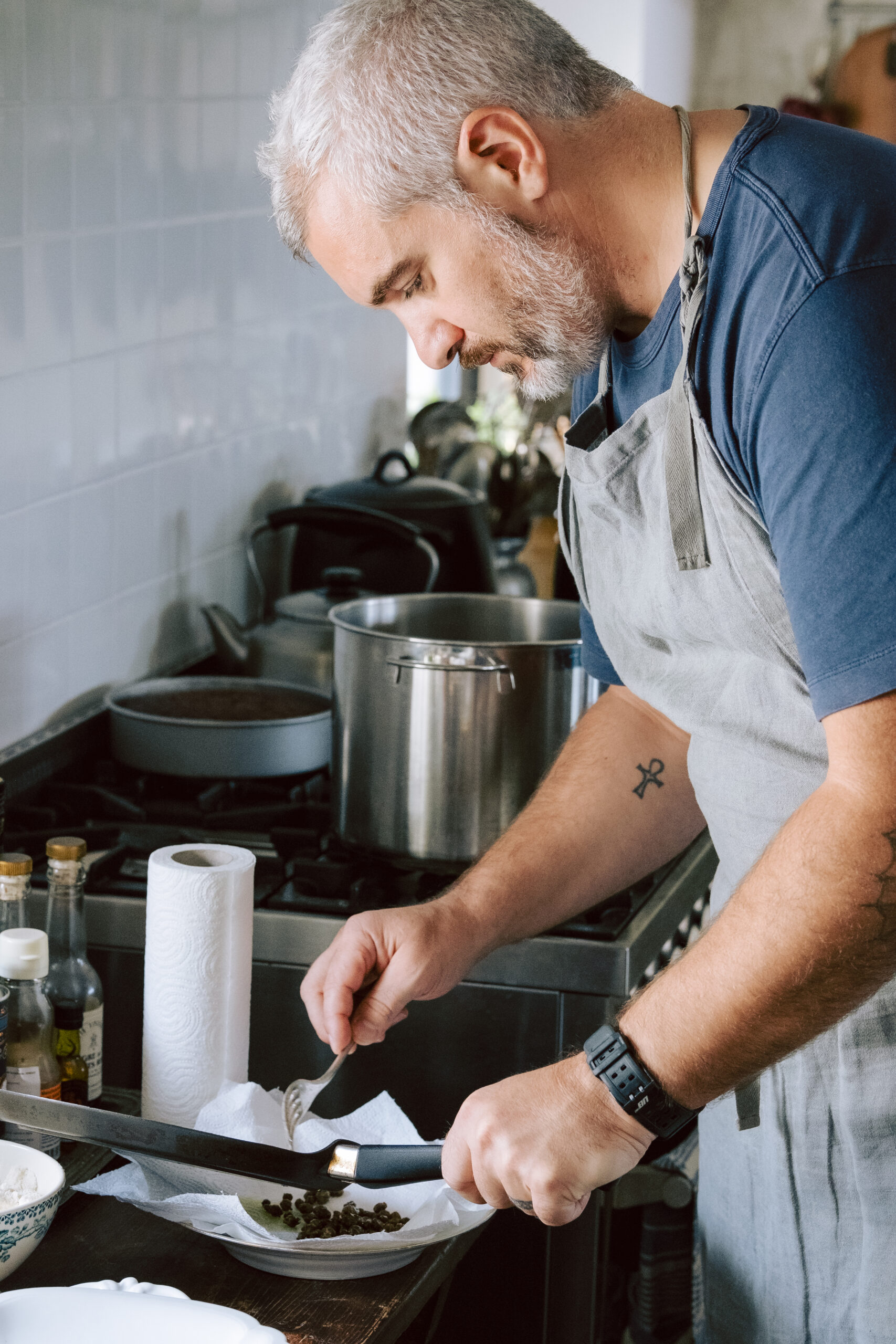
Julie Marr and Francesco Creanza offer a variety of multiday workshops including Preserving Puglia, Cooking Puglia, and Exploring Puglia. These workshops offer participants the opportunity to immerse themselves in Puglian life, meeting local chefs, bakers, artisans, and farmers, all of whom are working diligently to safeguard long-held traditions of the region.
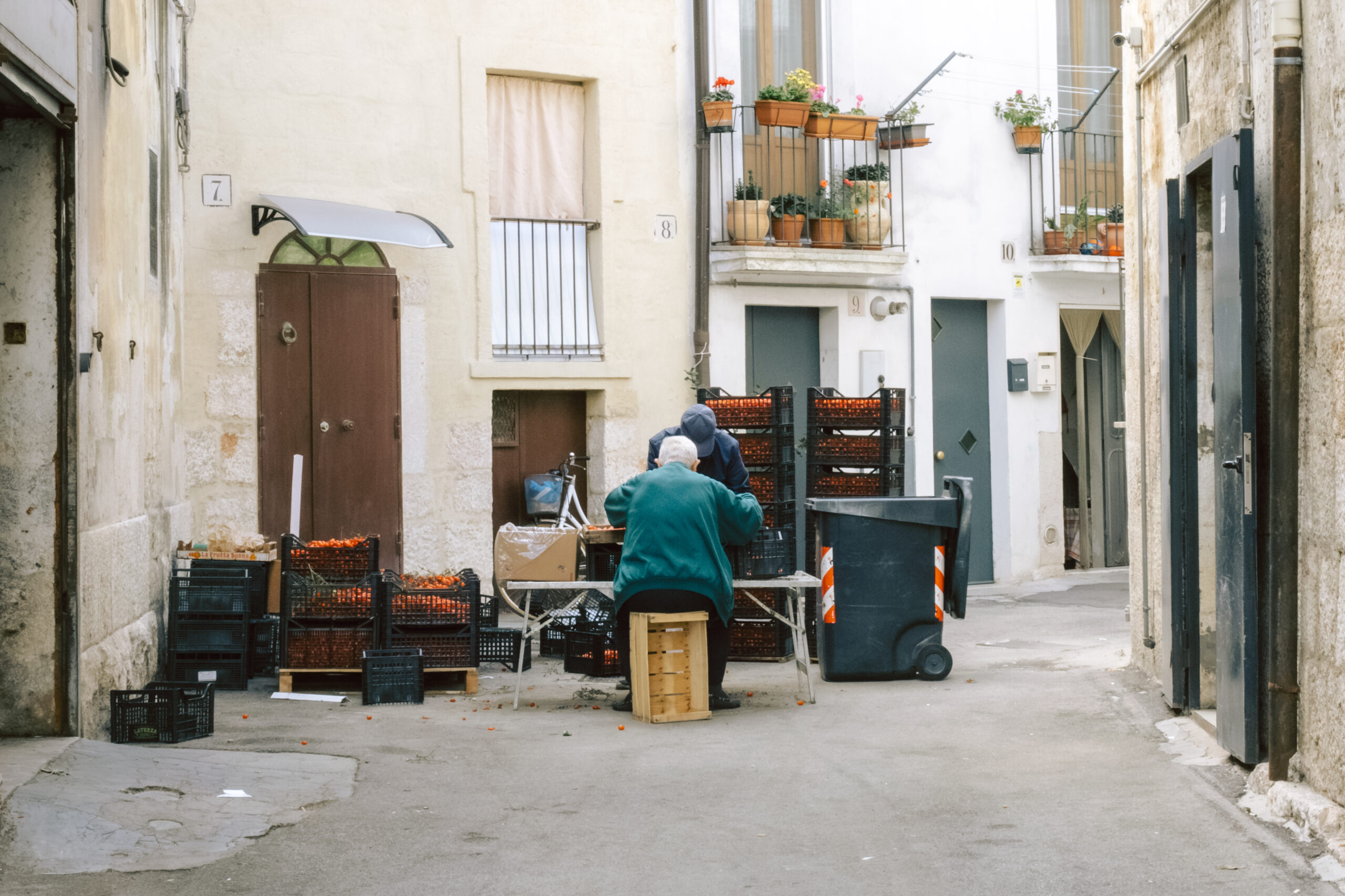
In the streets of Altamura, just outside the Everyone at the Table studio, local men sort through freshly picked tomatoes to sell at markets or via the little piaggio ape trucks that drive around selling to various streets in town.
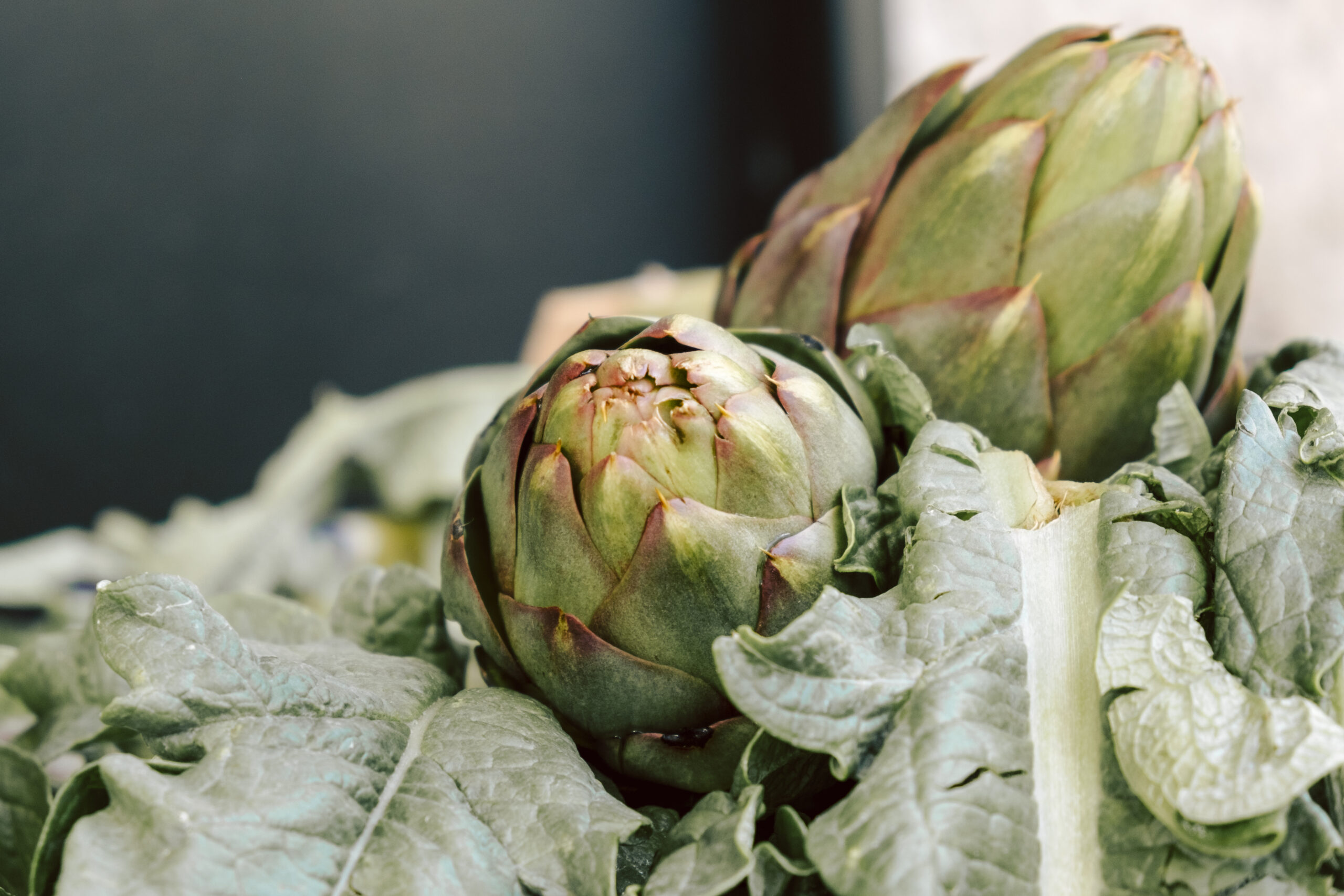
Fresh vegetables that are in season are the mainstay of Puglia’s cucina povera. The locals in this region, due to years of hardship and poverty, have created delicious recipes using local ingredients. They are careful of costs and are determined not to waste food.
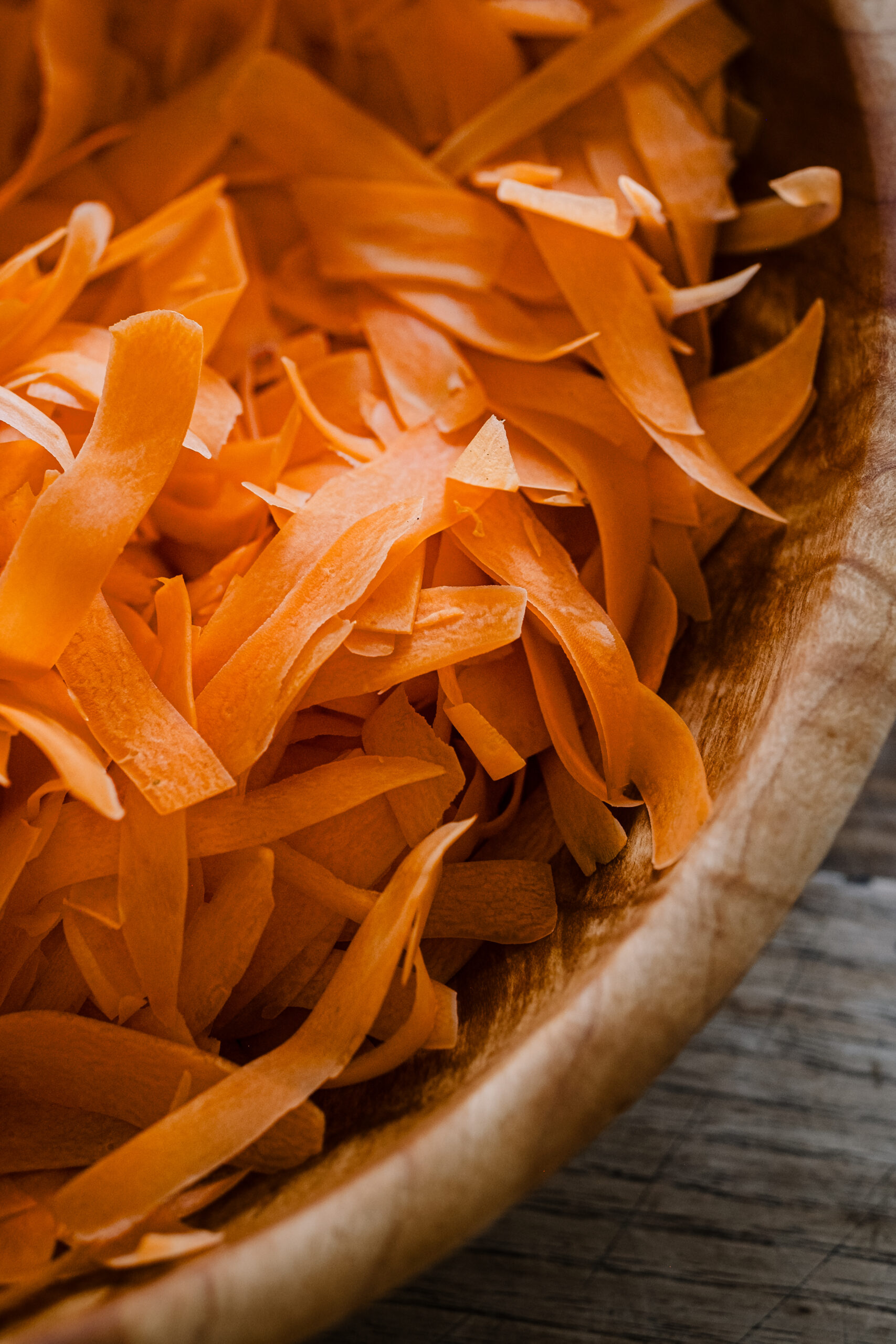
Fresh carrots evolve into a beautiful salad with this simple recipe from the cookbook.
Ingredients:
5 grams Dijon mustard
15 millilitres red wine vinegar
40 millilitres olive oil
Fine grain sea salt and freshly ground black pepper
454 grams carrots
85 grams cacioricotta, ricotta salata, or feta cheese, crumbled or grated
15 grams pistachios, chopped
Handful of mint leaves or dill, chopped
Method:
In a small bowl, whisk together the mustard, vinegar, salt, and pepper. Whisk in the olive oil. Set aside.
Peel the carrots and then, using the peeler, shave the carrots into long strips. Transfer the shaved carrot strips into a bowl and dress with the vinaigrette. Add the cheese and toss again. Season with salt and pepper. Taste and adjust the seasonings.
Transfer to a serving platter or individual plates and top with the pistachios and the chopped mint or dill leaves.
Serves 4.
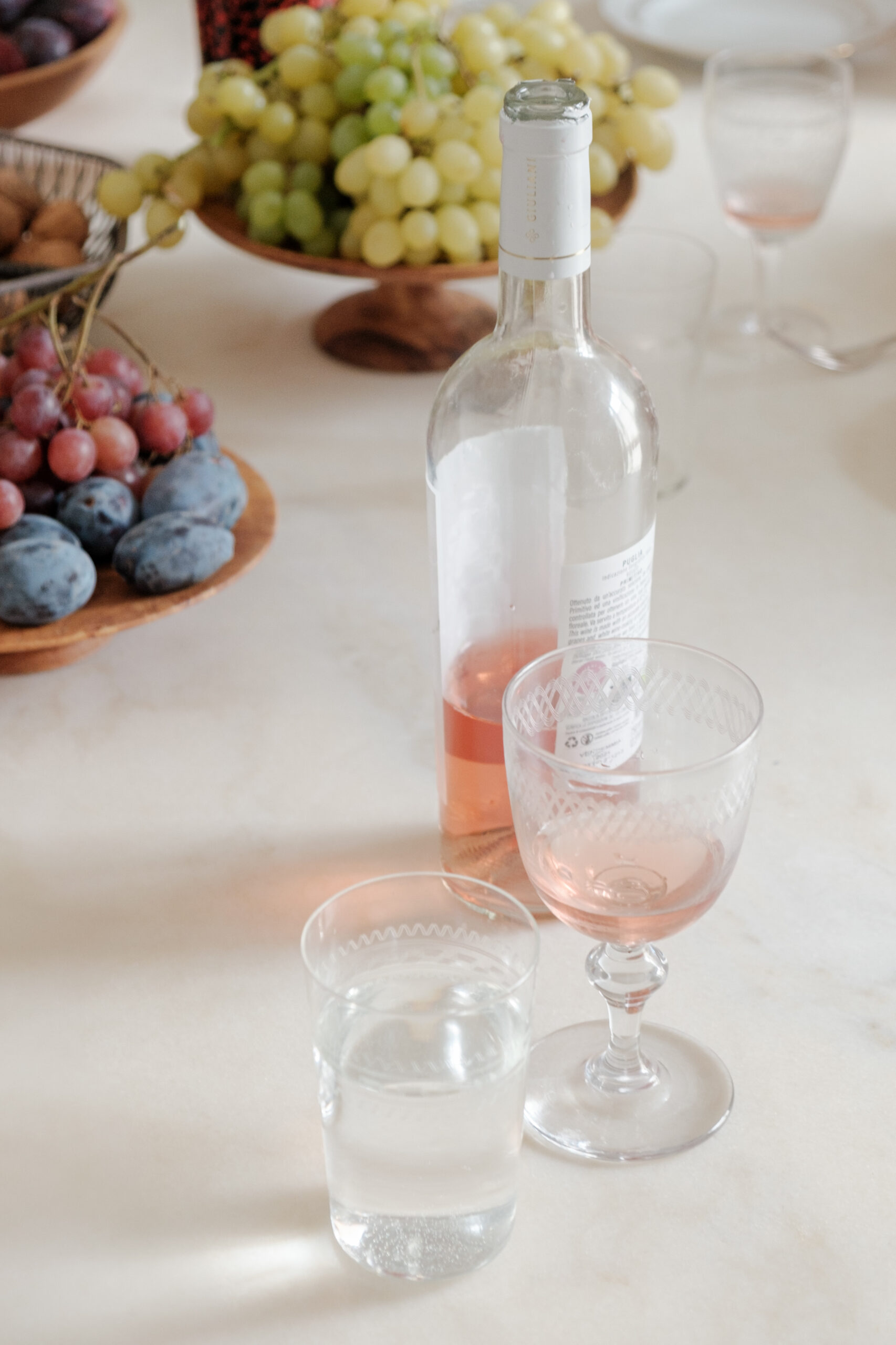
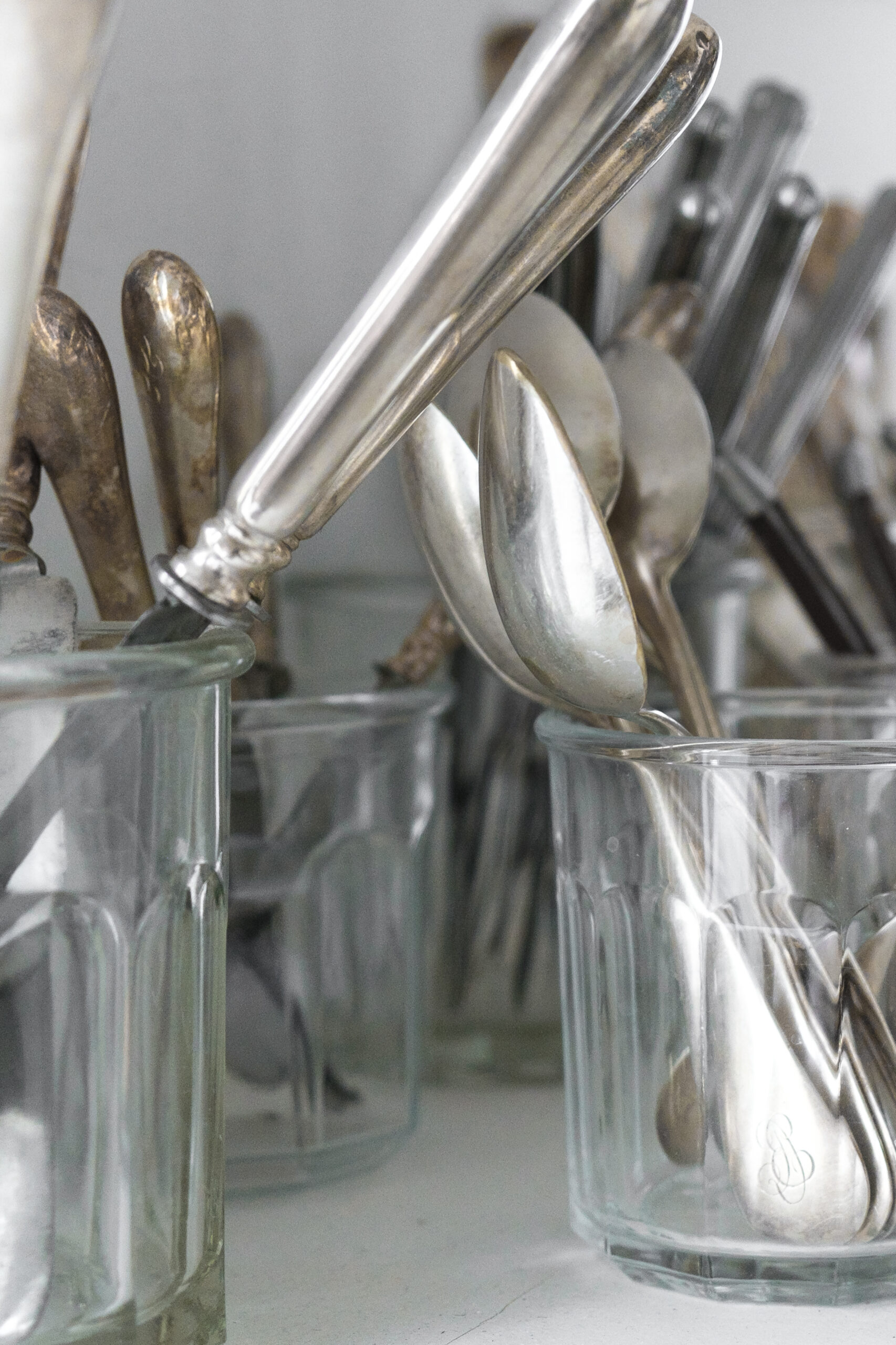
Julie and Francesco have collected dishware, drinking glasses, cutlery, and ceramics over the years from European markets including the weekly flea market in Puglia, which changes location each Sunday: Francavilla, Ostuni, Cisternino/Ceglie, and Lecce.
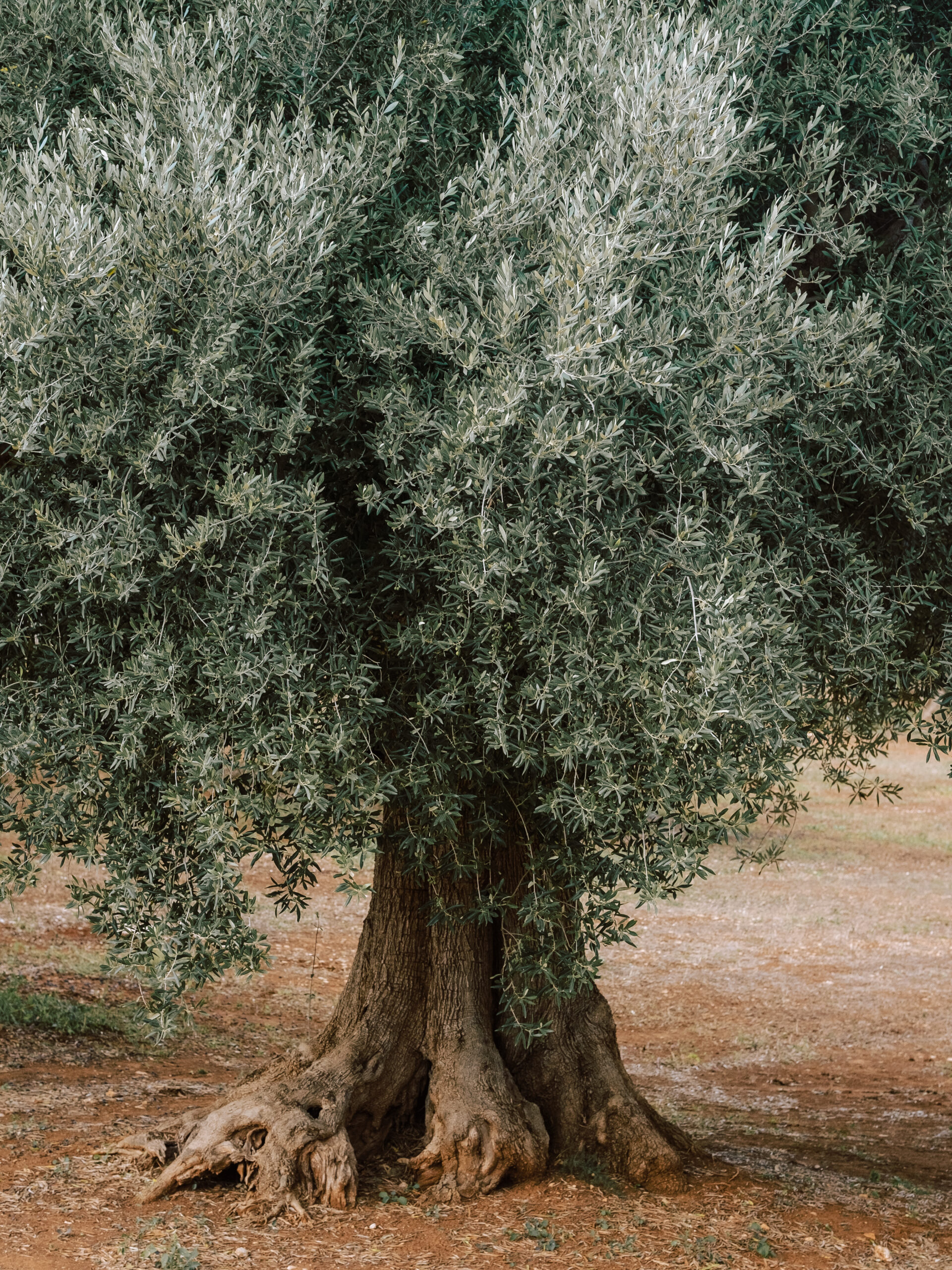
Majestic thousand-year-old olive trees grow in the Puglian countryside, the bread basket of Italy. Unfortunately, many of the olive trees in Puglia are suffering with the arrival of Xylella, a bacterium that has infected and killed over 21 million trees. This devastation is an enormous challenge for a region that has famously produced more than 65 per cent of Italy’s olive oil.
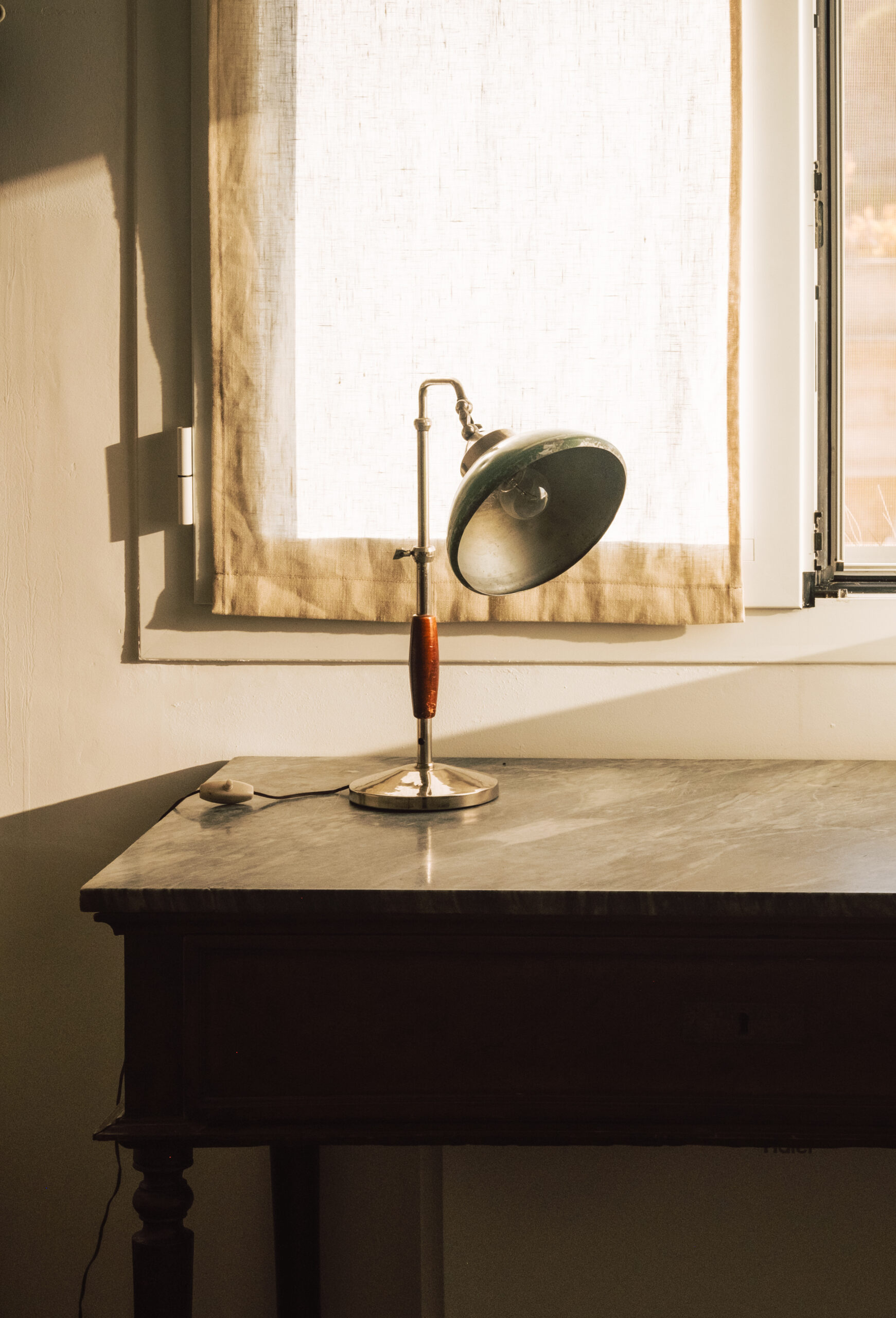
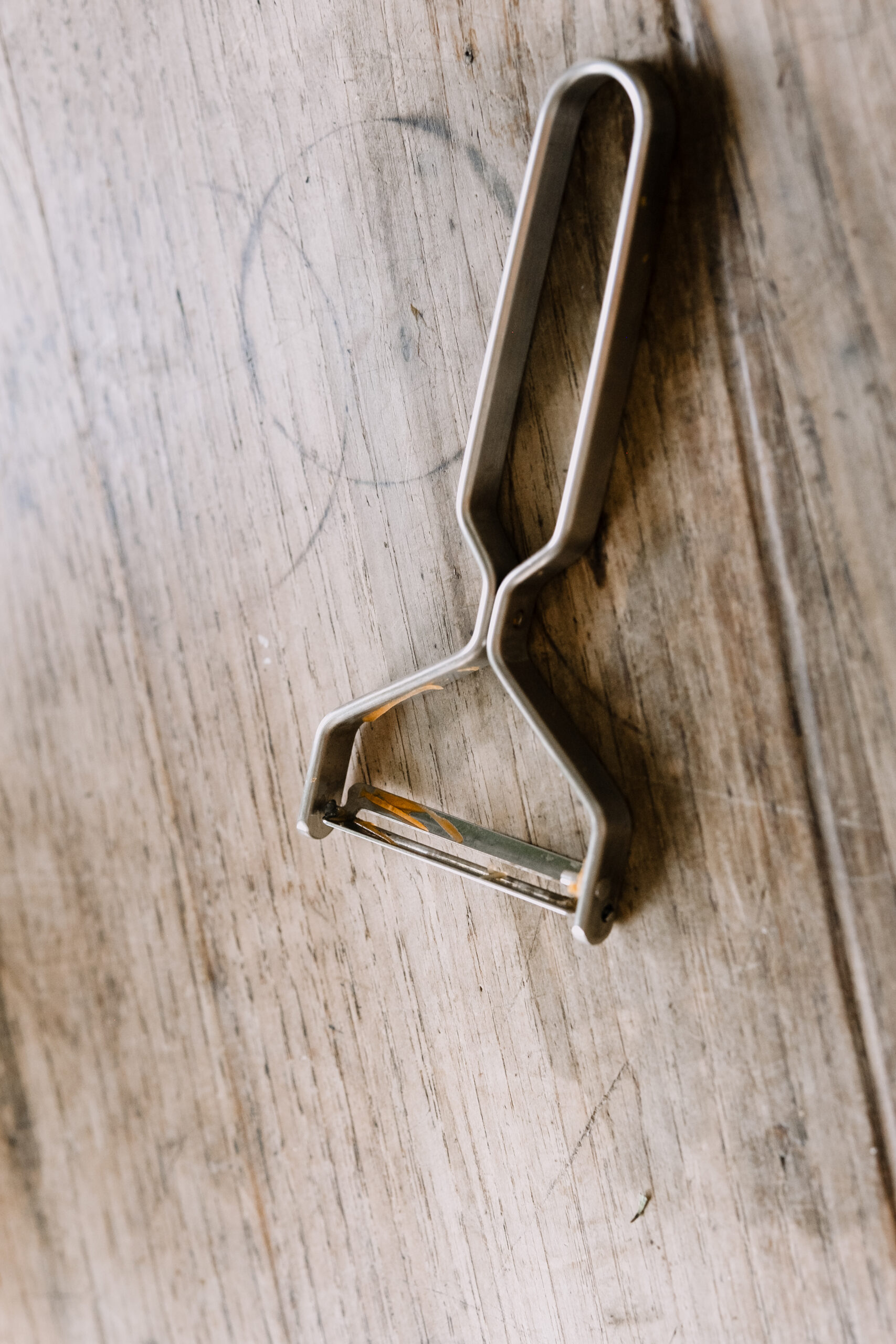
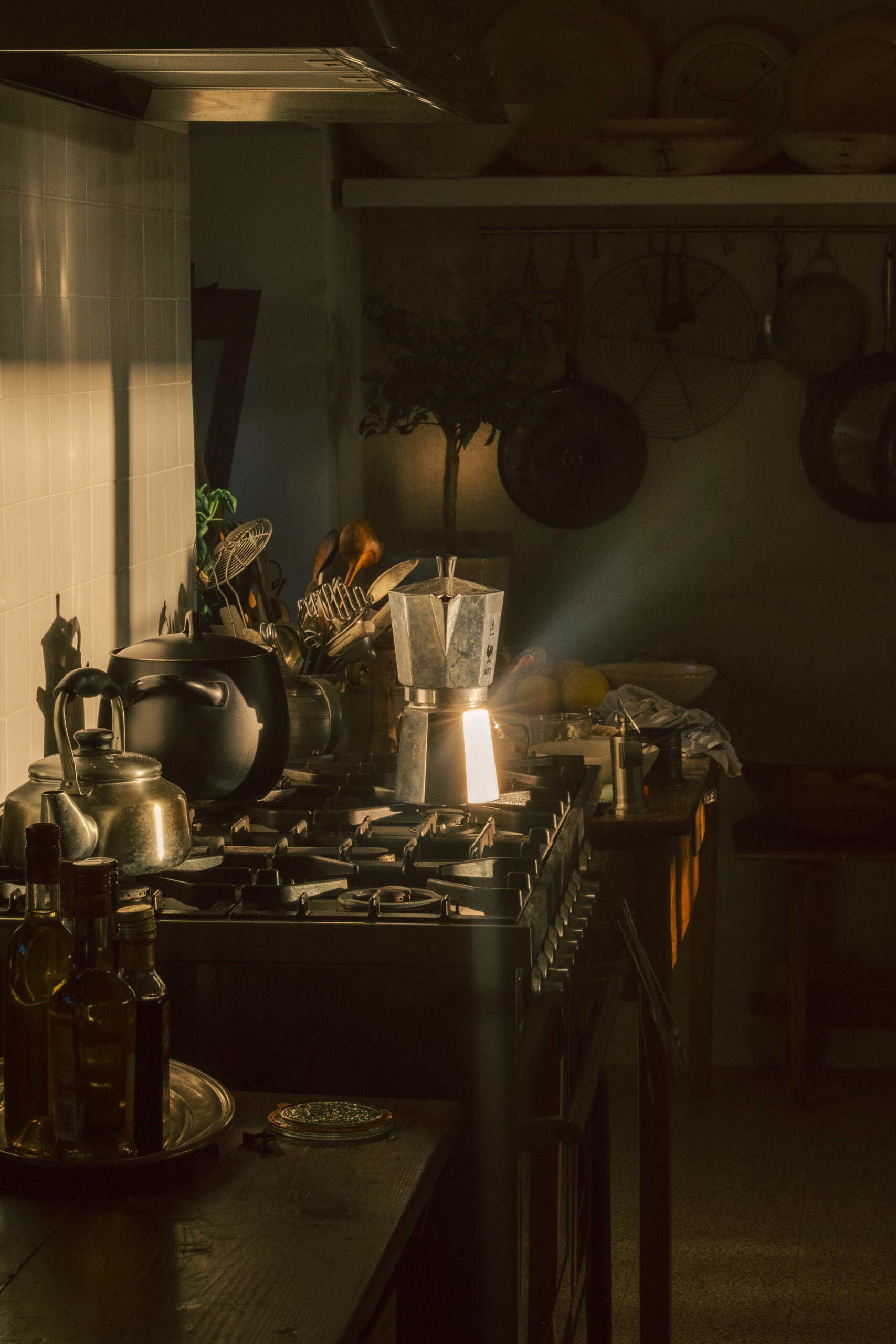
Julie’s Instagram feed is full of random bits of beauty, and in reality she and Francesco are surrounded by them. Every corner is a vignette that is a gift to the senses.
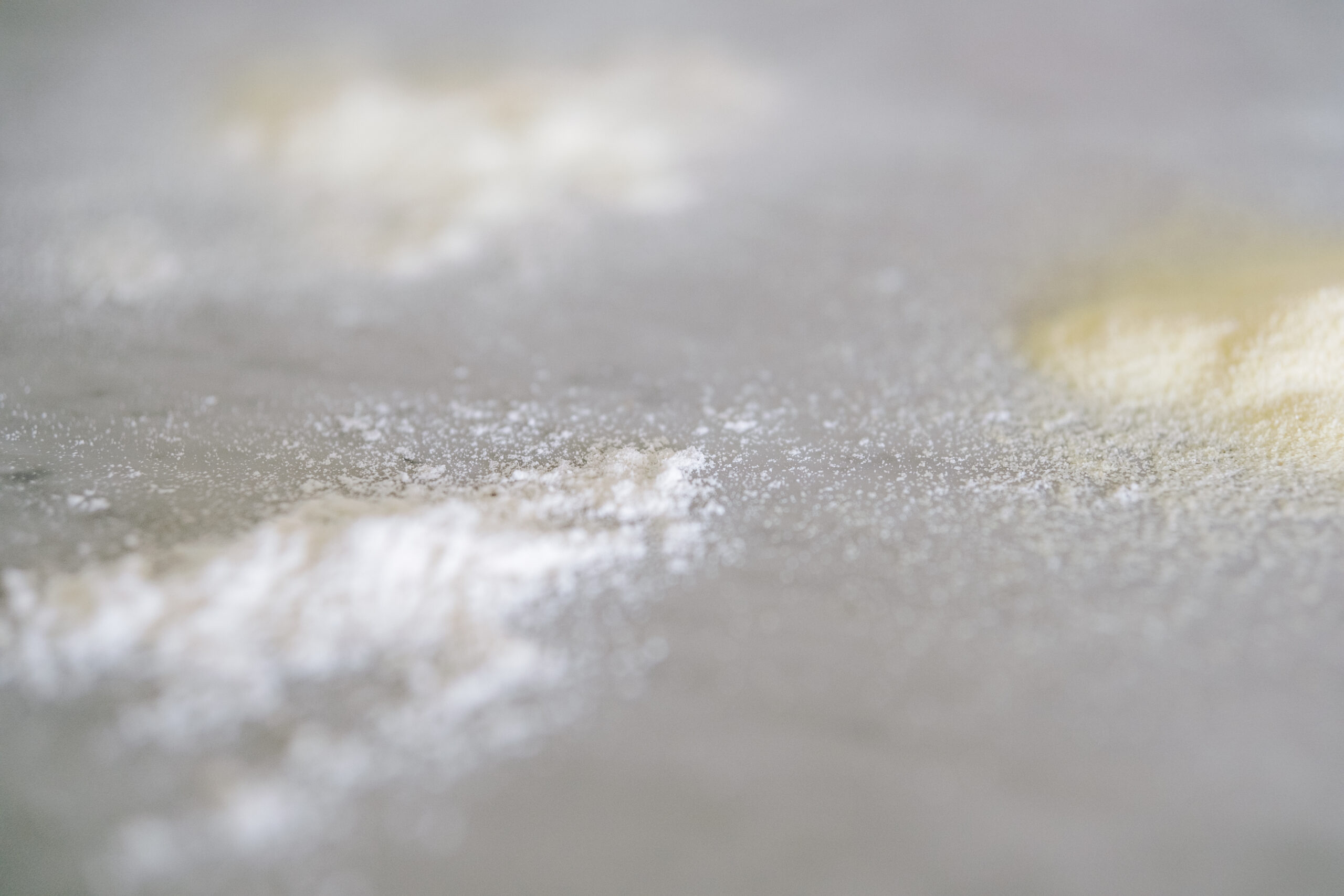
Orrecchiette, literally “little ears,” is a pasta from this region that is made with semolina flour and water. No eggs are required for this recipe, illustrating once again southern Italy’s creative solutions to making delicious food without extra expense.
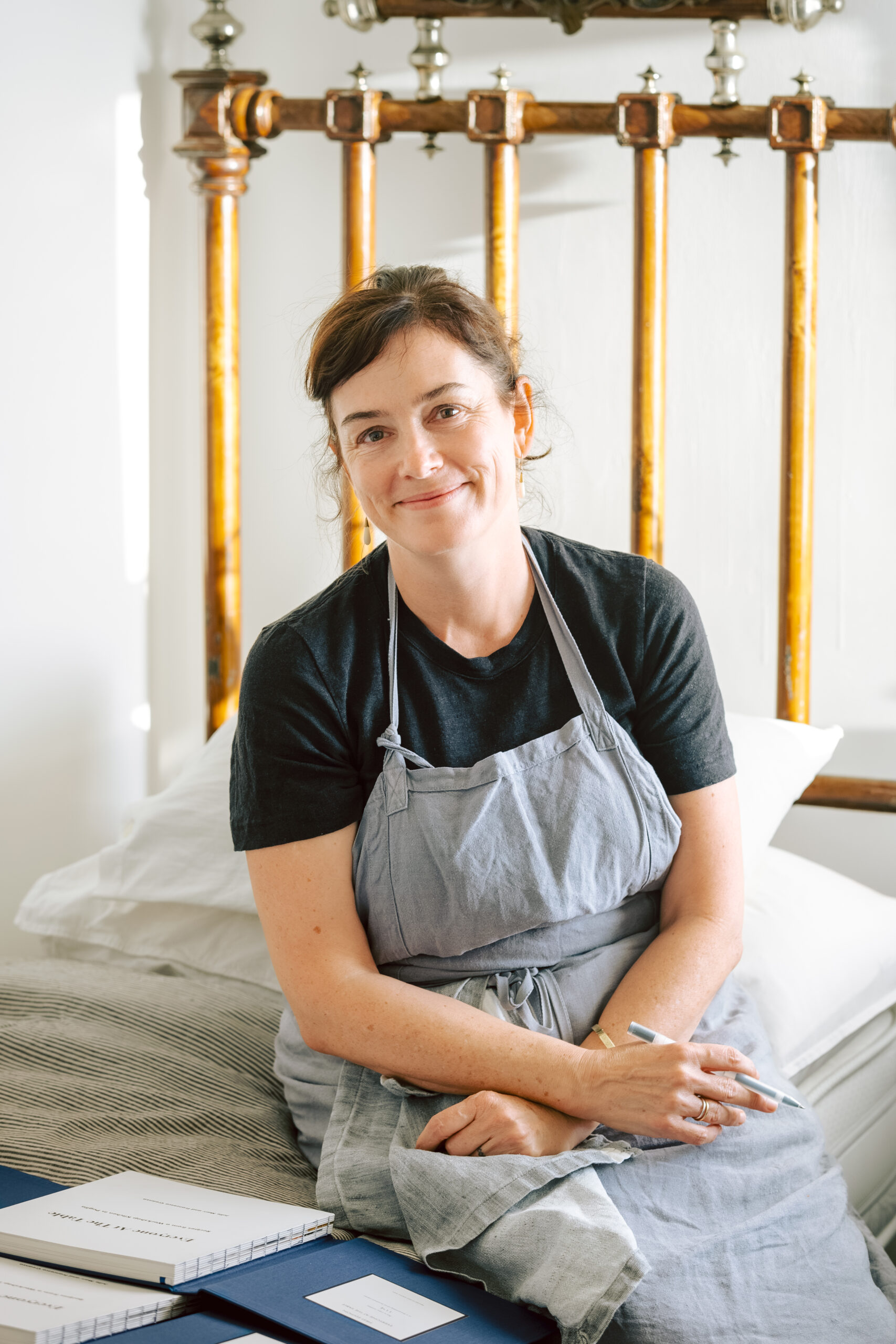
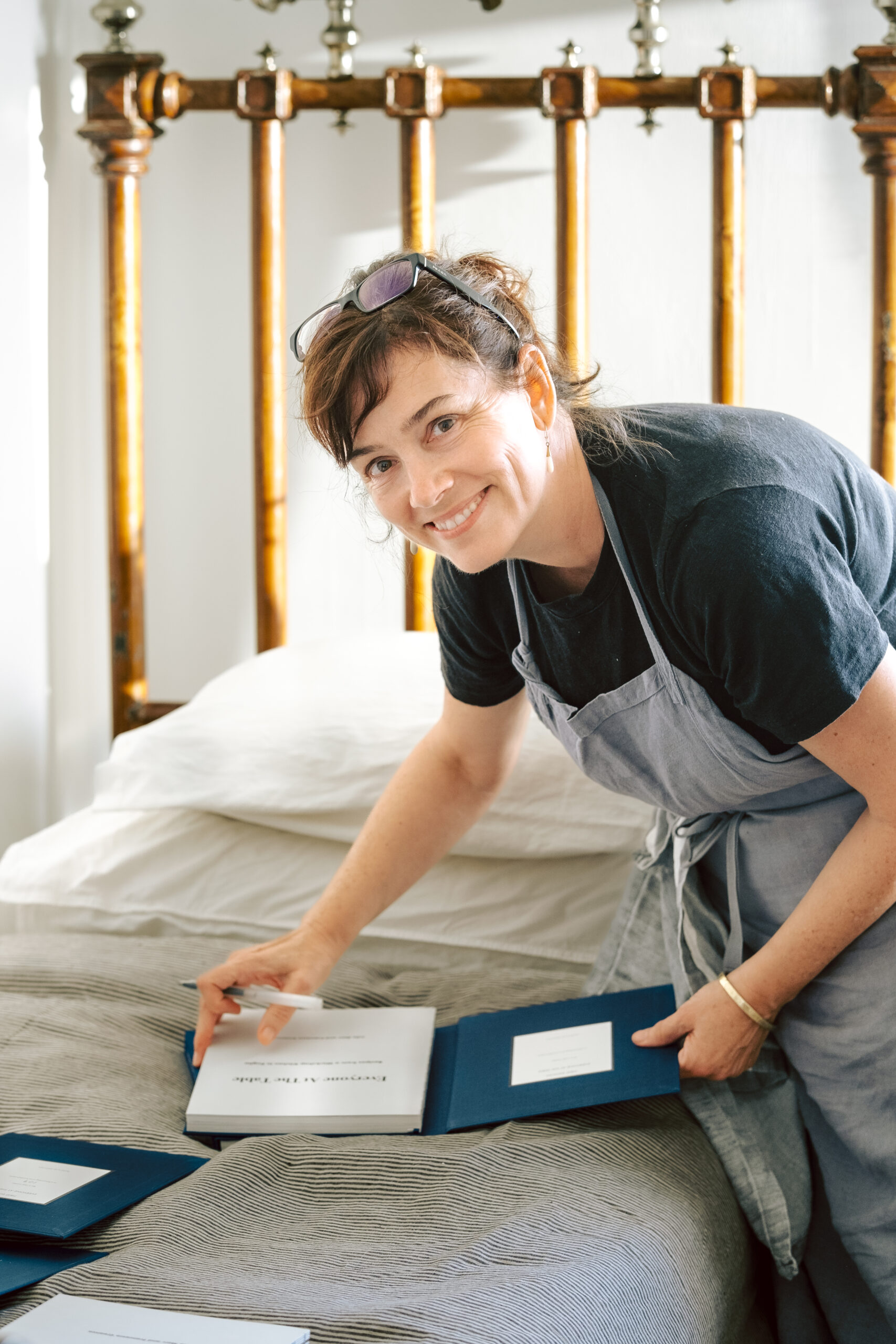
Julie once said to me, “The most important ingredient in Italian cooking is time.” In these crazy days of ours, time spent at Julie and Francesco’s workshops is a reminder of some simple rules: eat local, don’t waste, preserve good traditions, respect the makers, take care of this Earth, and slow down enough to gather. Because, in the end, isn’t that what life is really all about?
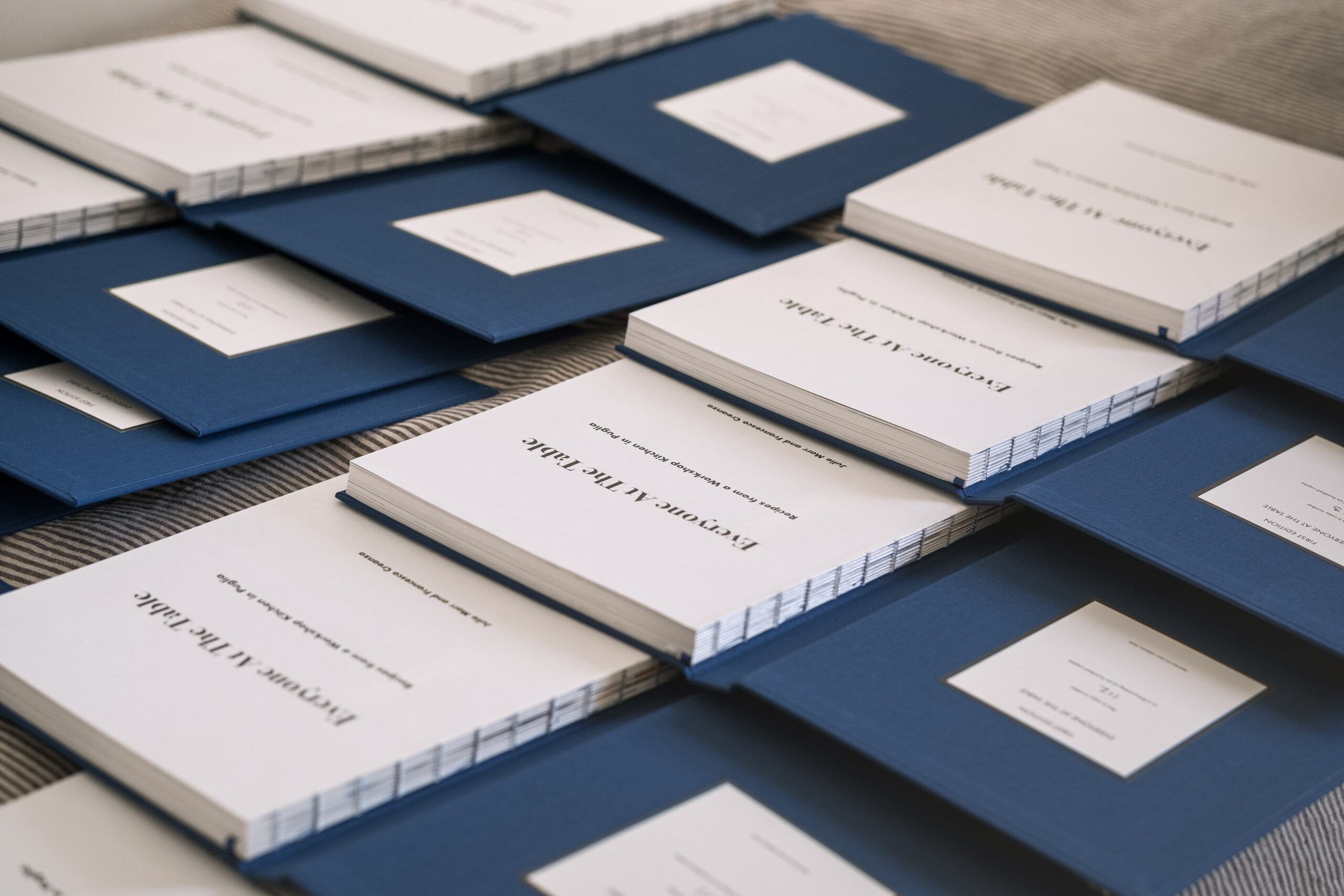
To get your hands on this beautiful cookbook, contact Julie and Francesco via email at [email protected].
Read more food stories.








